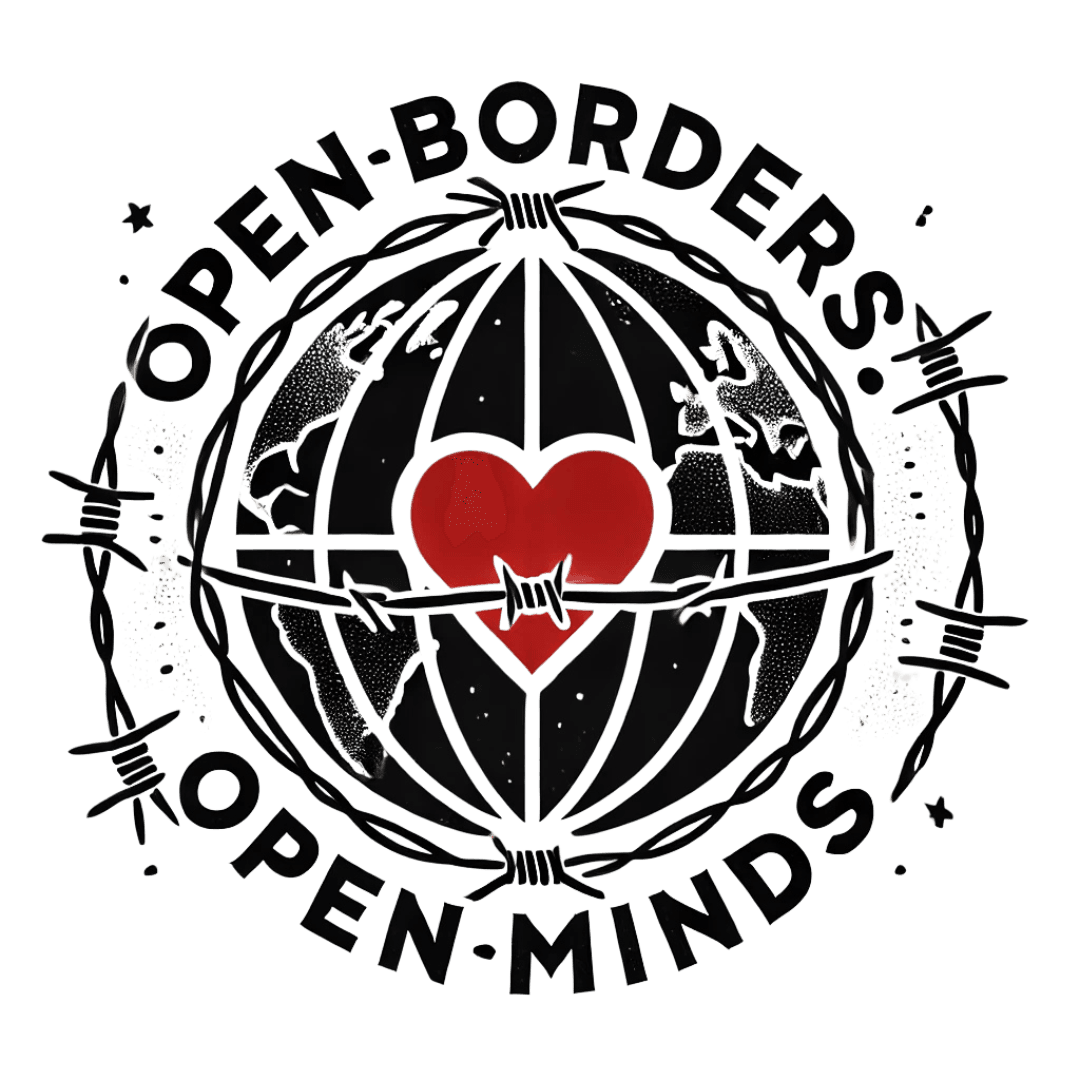How Current Events Shape Immigration Policies: Insights from Experts
The Dynamic Nature of Immigration Policies
Immigration policies are often a reflection of the current events and socio-political climate of a country. As global events unfold, including economic shifts, humanitarian crises, and political changes, governments adjust their immigration policies to address new challenges and opportunities. This dynamic nature ensures that policies remain relevant and effective in managing migration flows.
For instance, during economic downturns, countries might tighten their immigration policies to protect local jobs. Conversely, during periods of economic growth, there may be a relaxation of these policies to attract skilled workers. Understanding these fluctuations is crucial for comprehending the broader implications of immigration policy changes.

The Role of Economic Factors
Economic conditions play a pivotal role in shaping immigration policies. During times of economic prosperity, countries may actively seek immigrants to fill labor shortages, particularly in sectors like technology, healthcare, and construction. Conversely, during recessions, there may be a public perception that immigrants are competing for scarce jobs, leading to stricter immigration controls.
Experts suggest that countries with aging populations benefit from more open immigration policies as they help balance the workforce demographic. For example, nations like Japan and Germany are actively working to adjust their immigration strategies to counteract declining birth rates and an aging populace.
Impact on Labor Markets
Immigration policies directly impact labor markets by influencing the availability of skilled and unskilled labor. Policymakers must carefully consider how changes in immigration can affect domestic employment rates and wage levels. A well-managed policy can help bridge skills gaps, while poorly managed policies can lead to labor market imbalances.

Humanitarian Crises and Policy Adjustments
Humanitarian crises, such as wars or natural disasters, often prompt countries to adjust their immigration policies to provide refuge for displaced populations. The Syrian refugee crisis is a prime example where many countries in Europe and beyond adjusted their asylum procedures to accommodate those fleeing conflict.
These adjustments often require a delicate balance between providing humanitarian aid and ensuring national security. Countries may implement temporary protective status or create new asylum pathways to address such situations effectively.
Balancing Security and Compassion
Navigating the balance between security concerns and humanitarian responsibilities is a significant challenge for policymakers. Ensuring the safety of citizens while offering refuge to those in need requires well-crafted policies that include thorough vetting processes without overly restricting access for genuine refugees.

The Influence of Political Changes
Political shifts, such as changes in government leadership or party ideologies, can also significantly impact immigration policies. New administrations might prioritize different aspects of immigration, such as border security or integration programs, reflecting their political agendas.
Moreover, political rhetoric often influences public opinion on immigration, which can lead to either more restrictive or liberal policies depending on the prevailing sentiments. Elections and political campaigns frequently highlight these issues, showcasing their importance in shaping future immigration strategies.
Public Opinion and Its Effects
The public's perception of immigration can drive policy changes. Governments are often responsive to public concern about immigration levels and their effects on society. Thus, public opinion polls and surveys are instrumental in guiding policymakers on which aspects to focus on when reforming immigration law.

Expert Insights on Future Trends
Experts predict that future immigration policies will increasingly focus on technology-driven solutions to manage migration more effectively. From digital visas to blockchain-based identity verification systems, technology could streamline processes while enhancing security measures.
Additionally, climate change is anticipated to become a significant driver of migration in the coming decades. As such, experts advocate for proactive policies that address climate-induced displacement and create sustainable migration pathways for affected populations.
Preparing for Climate Migration
Countries need to prepare for the impacts of climate change on migration patterns by investing in infrastructure and policy frameworks that can accommodate environmental migrants. This proactive approach will be crucial in mitigating the adverse effects of forced migration due to climate-related events.

